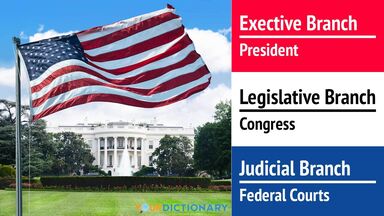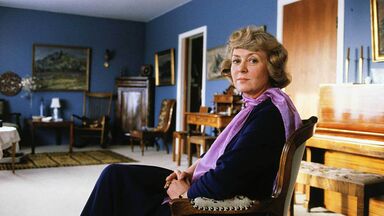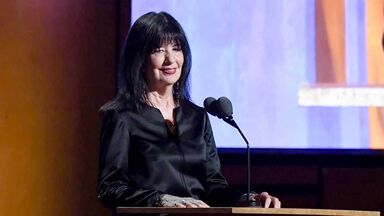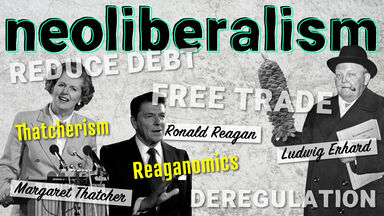An ardent opponent of Catholic Emancipation, he delivered in 1807 a speech on the subject which helped to give the deathblow to the Grenville administration, upon which he became chancellor of the exchequer under the duke of Portland, whom in 1809 he succeeded in the premiership. Notwithstanding that he had the assistance in the cabinet of no statesman of the first rank, he succeeded in retaining office till he was shot by a man named Bellingham, a bankrupt with a grievance, who had vainly applied to him for redress, in the lobby of the House of Commons on the 11th of May 1812.
In May 1762 he was appointed secretary of state, and in October first lord of the admiralty; and in April 1763 he became first lord of the treasury and chancellor of the exchequer.
In February 1852 the Whig government was defeated on a Militia Bill, and Lord John Russell was succeeded by Lord Derby, formerly Lord Stanley, with Mr Disraeli, who now his constant companions were Homer and Dante, and entered office for the first time, as chancellor of the exchequer and leader of the House of Commons.
The queen and Prince Albert wrote to congratulate the chancellor of the exchequer.
It established the chancellor of the exchequer as the paramount financier of his day, and it was only the first of a long series of similar performances, different, of course, in detail, but alike in their bold outlines and brilliant handling.





